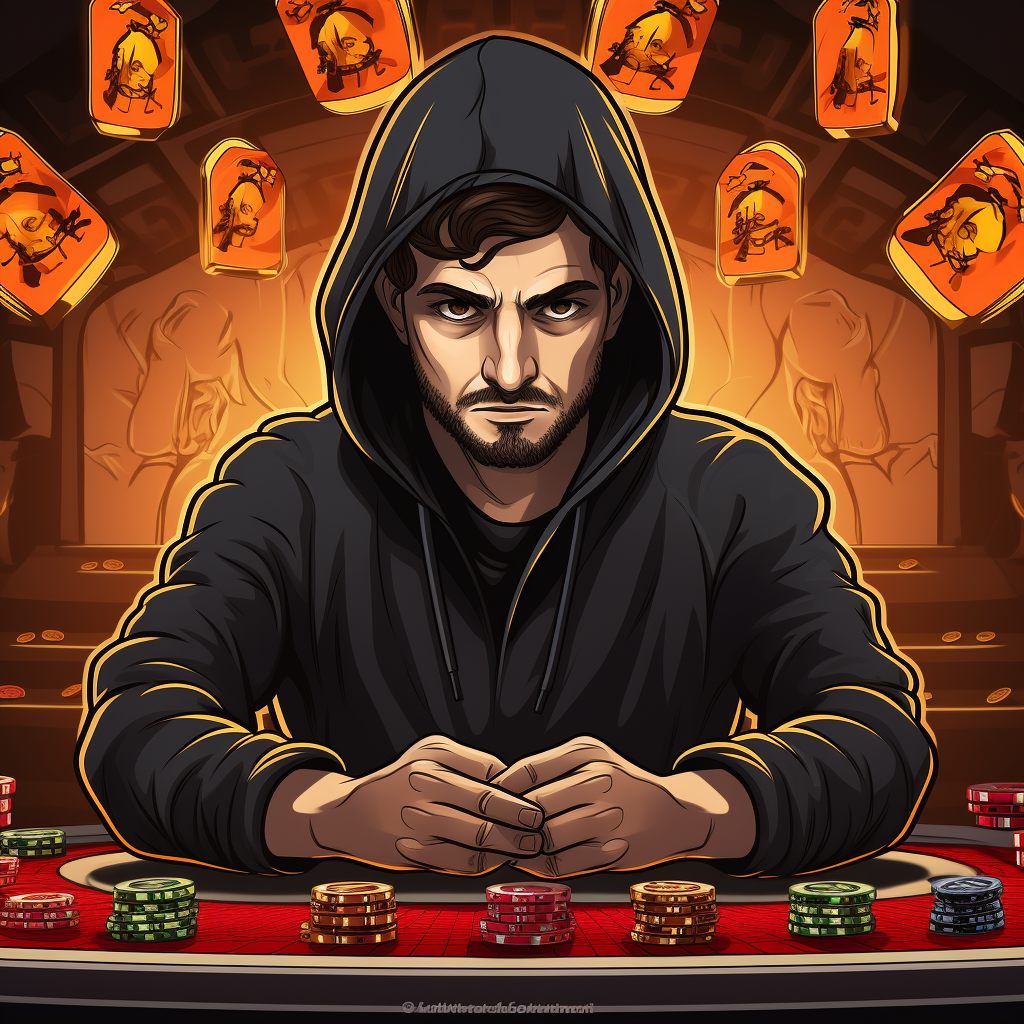Delve into the vibrant tradition of gambling on Diwali, the Hindu festival of lights, a time marked by celebration, family gatherings, and the roll of the dice. As one of India’s most important holidays, Diwali encapsulates a rich blend of cultural practices, among which gambling plays a significant and intriguing role.
The Joyous Spirit of Diwali and the Allure of Gambling
Am I permitted to gamble on Diwali?
Diwali, a festival steeped in joy and spirituality, brings families and communities together in a celebration of light triumphing over darkness. Amidst the glowing diyas, sumptuous feasts, and festive fireworks, gambling emerges as a central, time-honored activity. This festive season creates an atmosphere ripe for games of chance and skill, with people of all ages engaging in gambling as a form of entertainment and social bonding.
Luck and Prosperity: The Auspiciousness of Diwali Gambling
A unique aspect of Diwali gambling is its association with luck and prosperity. The belief that gambling on the night of Diwali brings good fortune in the year ahead is deeply ingrained in the cultural fabric. This tradition stems from a blend of mythological narratives and folk beliefs, reinforcing the idea that luck attained on Diwali night will set the tone for the coming year’s prosperity.
Gambling as a Social Catalyst
Beyond the allure of luck, gambling during Diwali serves as a powerful social catalyst. It’s a time when friends and family gather, often after long periods apart, to indulge in card games and lighthearted wagers. This communal aspect of Diwali gambling fosters a sense of togetherness and camaraderie, strengthening bonds and creating lasting memories.
Responsible Gambling During Diwali
While gambling is a festive tradition, it’s crucial to approach it with responsibility. The spirit of Diwali encourages moderation and mindfulness, reminding participants to gamble for fun and within their means. It’s essential to recognize the fine line between festive gambling and potential compulsive behavior, ensuring that the celebratory nature of the festival isn’t overshadowed by the risks associated with gambling.
Historical and Mythological Underpinnings
The roots of Diwali gambling are often traced back to the epic Mahabharata, where the Pandava brothers’ fateful game of dice leads to loss and eventual redemption. This story serves as a parable about the dual nature of gambling – its potential for both ruin and recovery. It highlights the need for wisdom and restraint, underscoring the age-old adage that fortune is a fickle ally.
Modern-Day Diwali Gambling: A Blend of Tradition and Contemporary Practice
Today, the tradition of Diwali gambling continues to thrive, evolving with the times. Classic card games like Rummy, Bluff, and Teen Patti remain popular, while newer forms of gambling, including online platforms, have entered the scene. This blend of traditional and modern practices reflects the dynamic nature of Indian culture, adapting to contemporary lifestyles while preserving the essence of the festival.
Popular Diwali Gambling Games: From Rummy to Teen Patti
During Diwali, various gambling games take center stage in households across India. Rummy, a game of skill and strategy, is widely favored for its balance of chance and tactics. Bluff, with its emphasis on deception and psychology, adds a layer of excitement to the festivities. Teen Patti, often dubbed the Indian Poker, offers a fast-paced, thrilling experience that perfectly complements the high spirits of Diwali.
The Cultural Significance of Diwali Gambling
The practice of gambling during Diwali is more than a mere pastime; it’s a cultural phenomenon that encapsulates the festival’s spirit of joy, renewal, and the hope of good fortune. This tradition provides a window into the rich tapestry of Indian culture, where ancient customs seamlessly blend with contemporary practices.
Gambling during Diwali serves as a reminder of life’s unpredictability and the importance of embracing both its highs and lows. It’s a time when people come together to celebrate not just the prospect of material gain but the joy of companionship and the warmth of shared experiences.
However, as with any form of gambling, the celebration of Diwali calls for a balanced approach. It’s an opportunity to indulge in the thrill of the game while remaining mindful of its risks. The festival’s ethos encourages joyous yet responsible participation, ensuring that the essence of Diwali – the triumph of light over darkness – remains at the heart of the celebrations.
Gambling During the Festival of Lights
Gambling during Diwali is a multifaceted tradition that goes beyond mere entertainment. It’s a reflection of India’s diverse cultural landscape, symbolizing luck, unity, and the enduring human spirit. As families gather around card tables and dice games, they partake in a ritual that is as old as the festival itself, continuing a legacy that is as much about togetherness as it is about the games they play.

